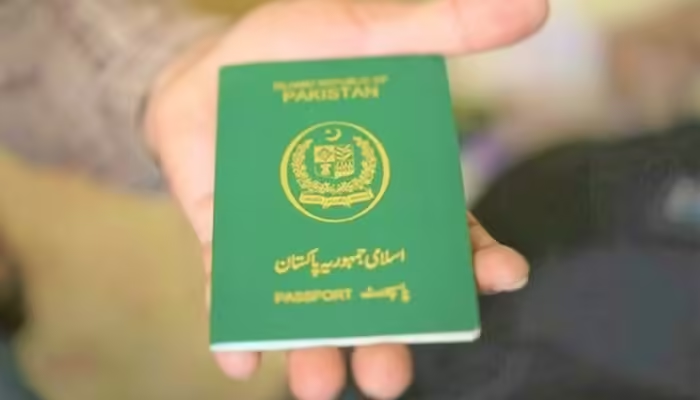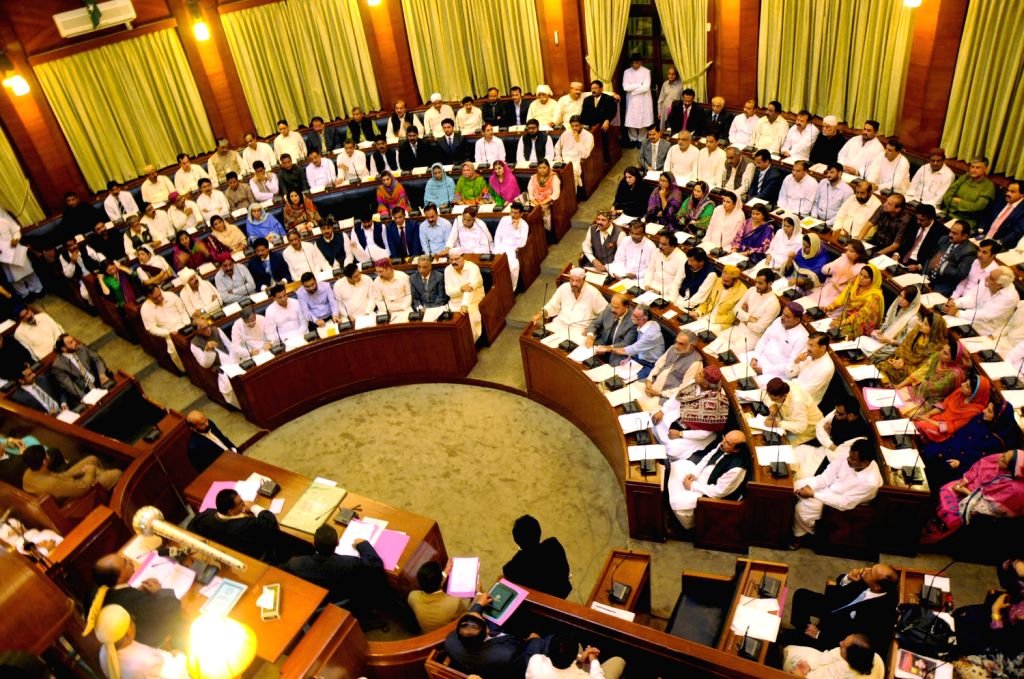Director General (DG) of Passport and Immigration, Mustafa Jamal Qazi, announced that all issues related to passport processing would be completely resolved by September. This assurance came during a briefing to the National Assembly Standing Committee on Interior, where he detailed the steps being taken to address the existing problems.
Addressing Delays in Passport Printing
DG Qazi highlighted that one of the primary complaints from citizens was the delay in passport printing. This issue was primarily due to inactive machinery. To tackle this, the DG revealed that approval had been granted for acquiring new e-passport machinery. Additionally, six new printers would be introduced to enhance the passport printing process.
“The delay in the passport printing process will be controlled,” DG Qazi assured, emphasizing that by September, all related issues would be fully resolved.
Upgrading Infrastructure and Equipment
DG Qazi noted that the passport system was significantly outdated, with most of the equipment in use being around 20 years old. Out of the 20 existing printers, only 13 were operational. This outdated infrastructure was a significant contributor to the delays and inefficiencies in the passport issuance process.
To address these challenges, the DG announced the setup of additional counters in passport offices. These new counters aim to streamline operations and reduce the waiting time for applicants.
Overcoming the Lamination Paper Issue
Another critical issue highlighted was the shortage of lamination papers used in passport production. This shortage was linked to the fluctuating value of the dollar, which had complicated procurement processes. However, DG Qazi confirmed that this issue had been resolved, ensuring a steady supply of necessary materials moving forward.
Introduction of E-Passports
The introduction of e-passports marks a significant technological upgrade for the passport issuance system. E-passports incorporate advanced security features and are expected to enhance the overall efficiency and security of the passport process. The new e-passport machinery will facilitate the production of these modern passports, aligning Pakistan’s passport system with international standards.
Government Support and Oversight
The briefing to the National Assembly Standing Committee on Interior reflects the government’s commitment to addressing the issues plaguing the passport system. The involvement of the committee ensures that there is oversight and accountability in the implementation of the proposed solutions.
DG Qazi’s announcement underscores the importance of modernizing the passport system to meet the growing demands and expectations of Pakistani citizens. By September, with the new machinery in place and additional counters operational, the DG is confident that the passport issuance process will be significantly improved.
Impact on Citizens
For Pakistani citizens, these developments promise a more efficient and reliable passport application experience. The reduction in delays and the introduction of advanced e-passports will enhance travel convenience and security for Pakistani travelers.
The DG Passport and Immigration’s briefing to the National Assembly Standing Committee on Interior highlights a comprehensive plan to resolve all passport-related issues by September. The introduction of new machinery, additional counters, and e-passports represents a significant step forward in modernizing Pakistan’s passport system. This initiative is set to greatly benefit citizens by reducing delays and improving the overall efficiency and security of the passport issuance process.



